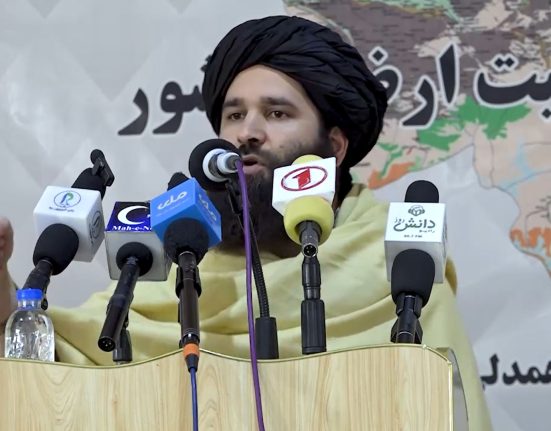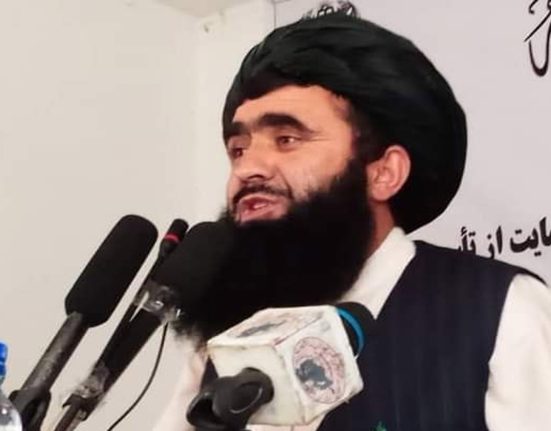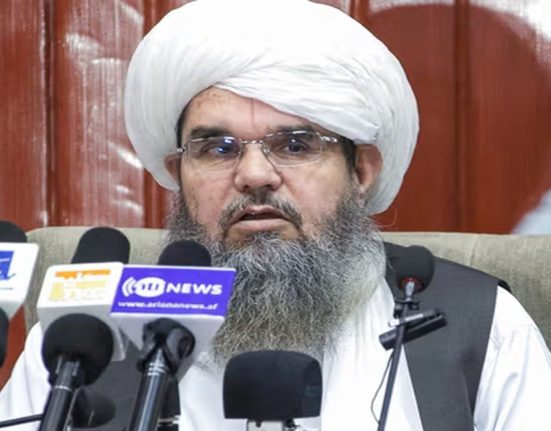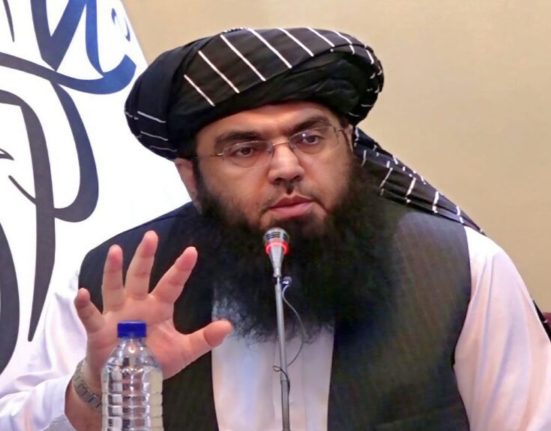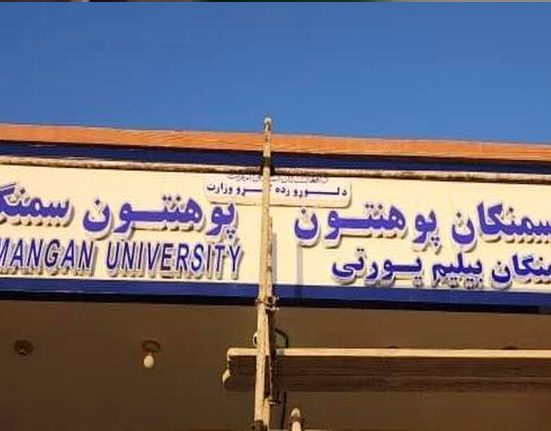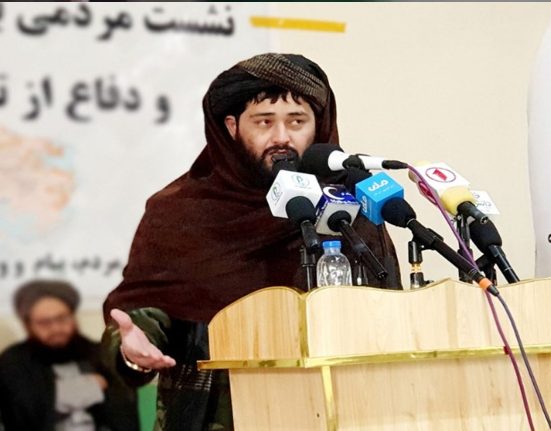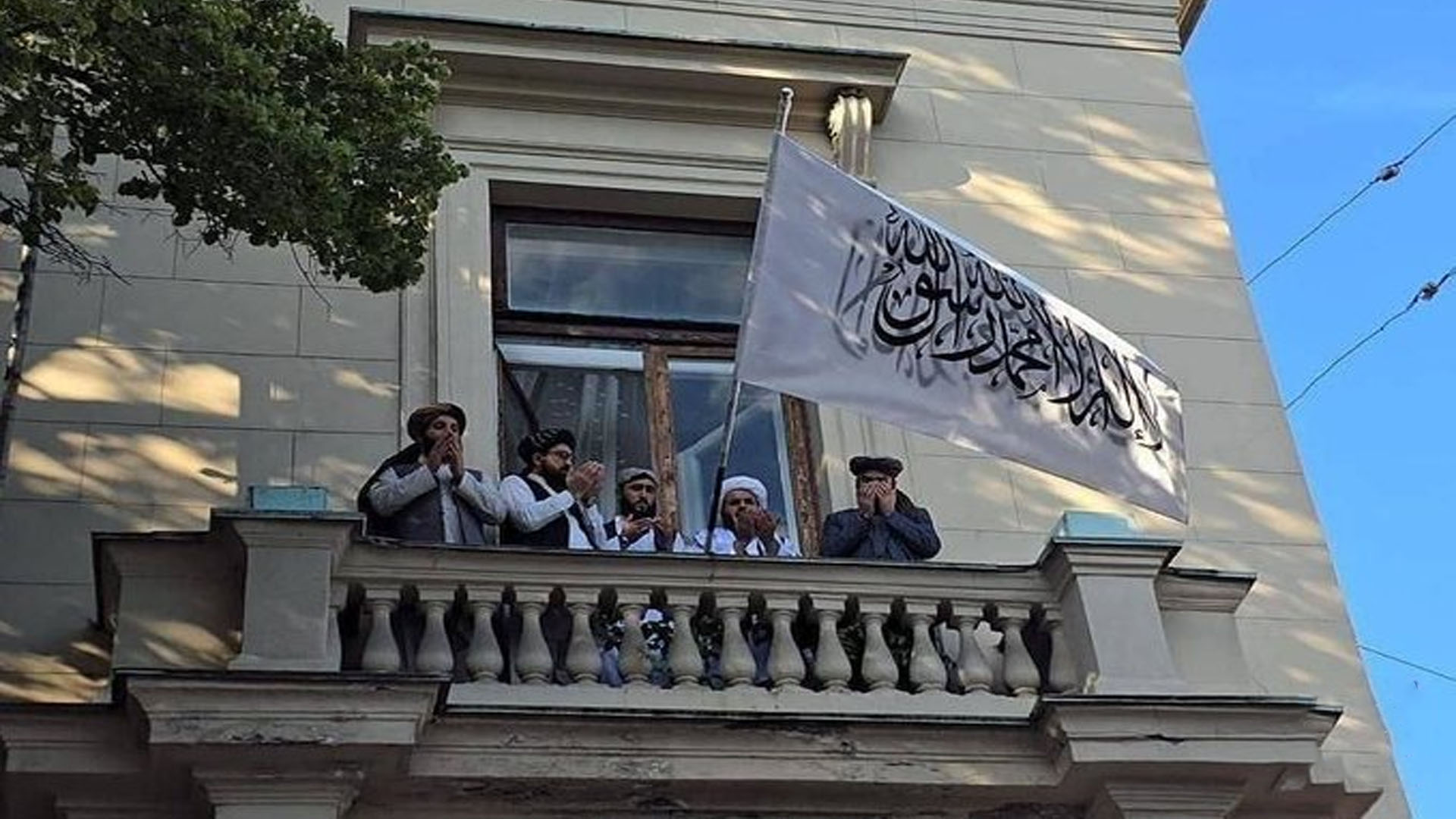
Reactions to Russia’s recognition of the Taliban; Widespread criticism and warnings against the normalization of terrorism
Russia’s decision to recognize the Taliban government has sparked a wave of reactions among political figures, human rights organizations and opposition groups to the Taliban. Critics see the decision as a step towards legitimizing a group accused of widespread human rights abuses and ties to terrorist organizations.
Former National Security Advisor Rangin Dadfar Spanta described the move as “regrettable” and the beginning of a dangerous trend that other countries may follow. Former National Security Director Rahmatullah Nabil cited the fragmentation of political forces opposing the Taliban as the main reason for the move, warning that if the situation continues, even small countries will recognize the Taliban.
The Afghan Liberation Front and the National Resistance Front have also issued statements calling the decision a “green light” for regional terrorist groups and a threat to regional and Central Asian security.
Human rights organizations, including the Human Rights Activists Union, have also emphasized that Russia has violated the UN Charter and human rights principles with this move. Parvaneh Ibrahimkhel, Shahrzad Akbar, and Fawzia Kofi are among the activists who have strongly criticized Moscow, describing it as a clear violation of international obligations.
On the other hand, Ali Ahmad Jalali, former Interior Minister, has said that this decision is a security measure to contain ISIS Khorasan and will not have a widespread impact on the global level, because the Taliban have not yet been recognized by the United Nations and major powers.
Meanwhile, the spokesperson for the Chinese Foreign Ministry welcomed this decision and said that Beijing will also continue to cooperate with the Taliban.
Amrullah Saleh, Hanif Atmar, Mahmoud Saikal, Salahuddin Rabbani, and the Islamic Unity Party are also among the figures who have strongly condemned this decision, calling it undermining the peace process, intensifying repression, and paving the way for increased migration and instability in the country.
The Supreme Council of Resistance for the Salvation of Afghanistan has also described the decision as hasty, shortsighted, and contrary to the will of the Afghan people.
In response to this wave of criticism, Zamir Kabulov, Russia’s special representative for Afghanistan, said that Moscow recognized the Taliban for security reasons and to expand economic cooperation.


